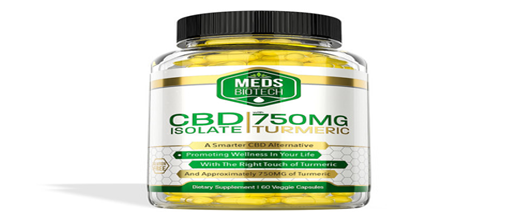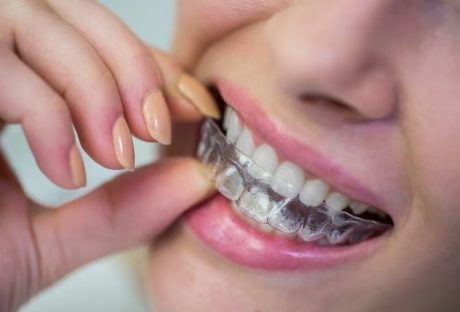You might realize that as you age, it’s not easy going to sleep anymore. Even if you try hard to sleep, it takes time, and it might be worse if you had sleeping problems even when you were young. Age will only compound the problem, but don’t blame everything on age, since your lifestyle might also have something to do with experiencing sleeping problems. Sleep Experts contributed a Sleep Habits Survey among different age groups to better understand sleep habits and their impact on everyday life. Try these tips to make it easy to fall asleep.
Have a warm bath
Before you hit the bed, take a warm bath since bathing in warm water will make you feel sleepy. If you soak your body in a tub for a while, your body temperature will drop, and it helps you easily fall asleep. It’s recommended that you do this an hour or more before bed, to give time for your body temperature to fall.
Calm down before you sleep
Regardless of the problems you might have faced during the day, you need to stay calm. Let go of everything that causes stress and read a book or listen to soothing music; try anything that helps you unwind. A significant reason why you might be having a hard time sleeping is that several things are still bothering you.
Do not eat or work in your bed
When you see your bed, you need to send a signal to your brain that it is time to sleep – the problem is when you eat or work in your bed. Train yourself to use the bed only for sleeping and if you try hard to sleep, but after 20 minutes you are still awake, get out of bed for a while. Wait until you start feeling tired before you go back to bed.
Do not sleep in the afternoon
It is easy for you to feel tired when you age. When you are exhausted, your first instinct is to find a place to sleep. Sometimes, it is easy to sleep in the afternoon because the environment seems conducive for sleeping.It’s okay to nap if you want to, as naps of only 30 or so minutes won’t bother your night’s sleep. Try not to nap too close to your normal bedtime, as these naps can affect your ability to fall asleep at night.
Schedule your exercise well
You need to exercise and hit the gym if possible. You do not need rigorous exercise to stay healthy; you can benefit from a moderate exercise like jogging and brisk walking. Make sure that your workout schedule is set for earlier than three hours before bedtime. Exercising keeps your heart rate up and makes it difficult for you to calm down, and sleep.
Take supplements
You need to select the right kind of food that will help you sleep well. If you cannot get all the nutrients you need from the food you eat, you can try food supplements. There are many different types available, so look for something that will meet your needs. For example, if you are aged 40 or over and hitting the gym regularly, then building muscle over 40 supplements will help you with your fitness goals and also help you fall asleep easily. See your doctor and ask which food supplement would be suitable for your needs. You need to be consistent in your intake to see results.
With these tips, you can look forward to a better night’s sleep. It’s okay to start slowly and build up your new routine. Make gradual changes at first and build an exercise, nutrition and anti-stress program that contributes to restful sleep.
Read Also:






















